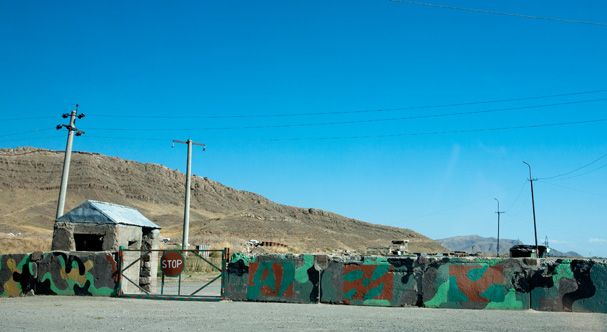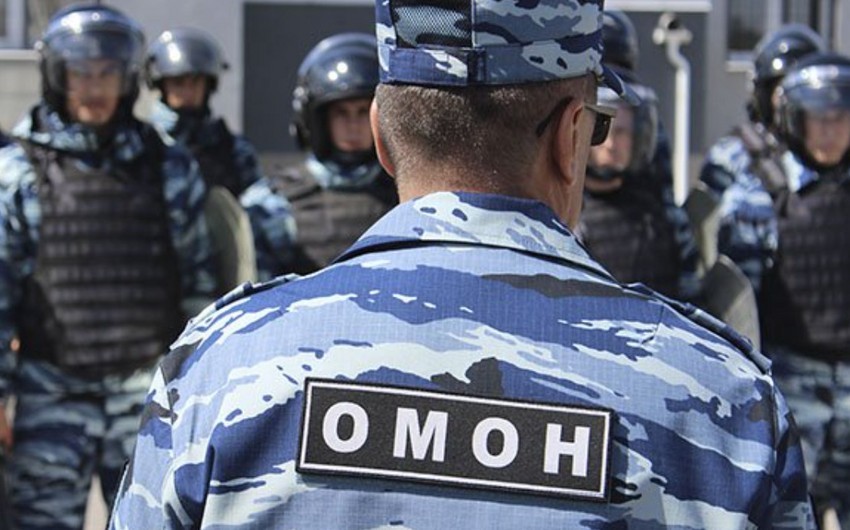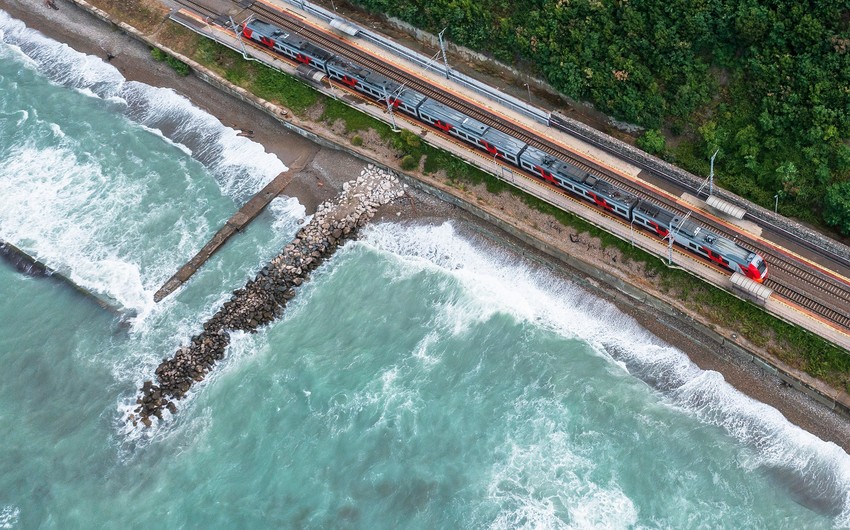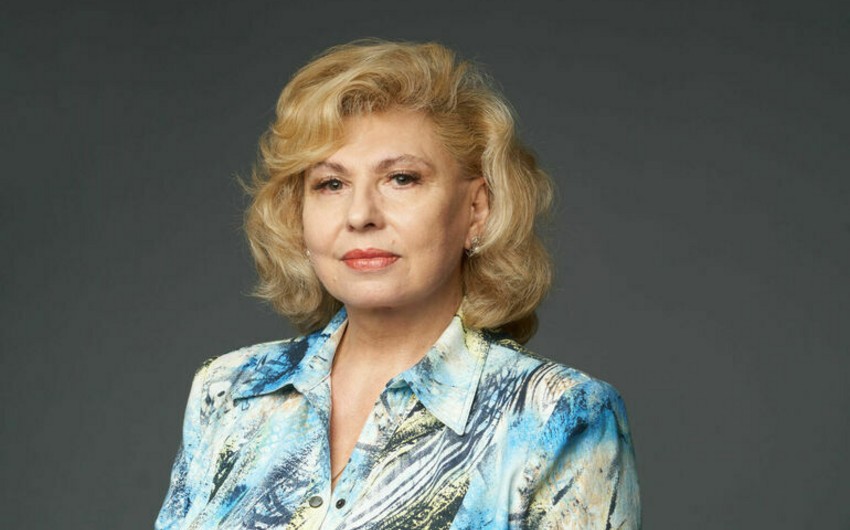After the withdrawal of Armenian Armed Forces from the international recognized territory of Azerbaijan in accordance with the trilateral agreement signed by Presidents of Azerbaijan, Russian Federation and Prime Minister of Armenia, both Baku and Yerevan have started to determine the re-existence of the official border between each other. Azerbaijani Army has already set up his own posts in the former occupied regions – Kalbajar, Lachin, Gubadli and Zangilan sharing borders with Armenia.
However, the issues of the demarcation and delimitation of the state border between Armenia and Azerbaijan still remain unresolved and need to be resettled through diplomatic negotiations. According to the Ministry of Foreign Affairs of Armenia, the joint interdepartmental commissions and working groups will be created to arrange the demarcation and delimitation of the state border between two countries.
Eurasia Diary conducted an interview with Murad Muradov, co-founder and Deputy Director of Topchubasov Center, Baku-based think tank regarding the issues of the demarcation and delimitation of the state border between Armenia and Azerbaijan.

- Mr Muradov, from your opinion, how is it possible to resolve the determination of the official state border between Armenia and Azerbaijan in the short term? What works should be done?
- It is now visible that both parties are conducting border demarcation works based on the de-jure borders between Azerbaijani and Armenian SSR at the time of the beginning of the conflict. This approach has several advantages: the two republics’ independence was recognized by the international community based on this Soviet-time arrangements and so it has closest resemblance to legitimacy; there are ready-made maps drawn in the time before the conflict and hence recognized by both Armenia and Azerbaijan; and finally, it doesn’t require complex negotiations, which, given the still very adverse feeling between the sides and the absence of any diplomatic relations, makes this principle the only one which can ensure a rather quick demarcation process.
However, there are certain issues with this approach, as well. The border between the two republics had been subject to constant petty changes by the Soviet administration, most often from purely local economic reasons (for example, a slice of land used by the inhabitants of a certain borderland village would be given to the respective republic to preserve the economic unity). At the same time, the seasonal cattle rearing patterns in the region meant that criss-crossing between the republics always took place. Now the population of some Armenian settlements in the Syunik region close to the Azerbaijani border is complaining about the loss of access to their pastures which are situated in Azerbaijan and have recently come under the control of Baku. Another weird situation emerged with the roads connecting different settlements in Syunik: some parts of them run through the territory of Azerbaijan, which caused a panic in Armenia and enabled Armenian opposition to spread speculations that Azerbaijan is going to capture territories in the south of Armenia.
Even more seriously, there are several small exclaves in the north-western part of the border (7 Azerbaijani ones within Armenia and 1 Armenian within Azerbaijan) which of course had been occupied ever since independence and which can be meaningfully returned to their proper republics only if communications are restored and the two communities learn to live side by side. And of course, if these conditions are fulfilled, both parties may start a substantive dialogue and take a more nuanced approach to demarcation, including a possibility of small-scale land swaps to ensure better security for the towns and villages along the border and minimize security risks. But of course, a measure of trust must first be established between Azerbaijan and Armenia which now seems to be a rather distant prospect.
- Do you think that negotiations on the demarcation and delimitation of the state border between Armenia and Azerbaijan could be held through the mediation of Russian Federation?
- I believe that sustainable peace between the republics can be achieved only when Yerevan withdraws its territorial claims and the Armenian foreign policy narrative gets dominated by pragmatic and accommodative moods. For this to happen, there is little alternative to establishing a proper bilateral dialogue between the two countries bound to remain neighbours. Mediation efforts by large powers, including Russia, can be helpful in spearheading and accommodating such negotiations but only when these primary conditions are fulfilled and Baku can feel secure completing the demarcation process without the fear of being cheated. Unfortunately, right now a substantial part of the Armenian political community is not ready yet to accept these rules of the game and declares intentions of getting big powers on their side to revise the outcomes of the conflict, instead of accepting them as conforming to international law. The rhetoric of the “government” of the so-called “Nagorno-Karabakh Republic” reveals their hopes of bringing Russia as an ally rather than a mediator. Hence, this approach must be clearly withdrawn from the table before such mediation may play a truly constructive role.
- You know that the trilateral statement ensuring the ceasefire in Nagorno-Karabakh is rejected by the majority in Armenia. In case of this, how could the agreement on the demarcation and delimitation of the state border between Armenia and Azerbaijan be acceptable in Armenian society?
- Unfortunately, the years of ideological indoctrination and protracted hostility with Azerbaijan and Turkey engendered the total domination of nationalistic and security-based thinking in the Armenian society. The great majority of Armenians have come to ignore the fact of occupation of the Azerbaijani territories, believing that the status-quo was somehow necessary to preserve Armenian security and viewing Azerbaijan as an aggressor. Of course, any compromises towards Azerbaijan were bound to be met by an outcry of discontent in Armenia and this was inevitable. So, we shouldn’t hope right now that the situation changes overnight. Instead, Azerbaijan should take a long-term approach to the reconciliation process, and we can try to build some bridges with Armenian society only after the delimitation works are done and the situation in the borderland areas stabilizes, not vice versa. Only when- and if- the Armenian society acquiesces the scale of changes that happened after 10 November and understands their irreversibility and political parties are not forced to emphasize the issue of “achieving recognition for Artsakh” as the cornerstone of their programs, the return to internationally recognized, legal borders will be accepted on the other side of the border.
Interviewed by Yunis Abdullayev









